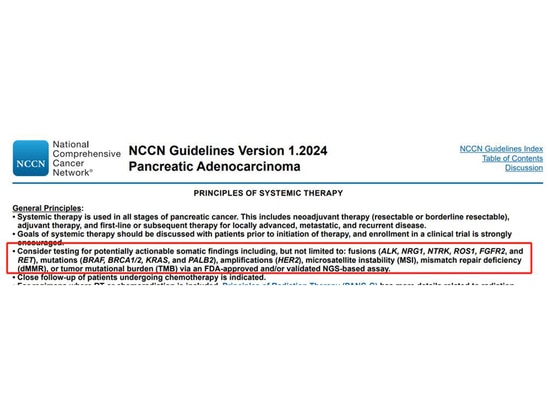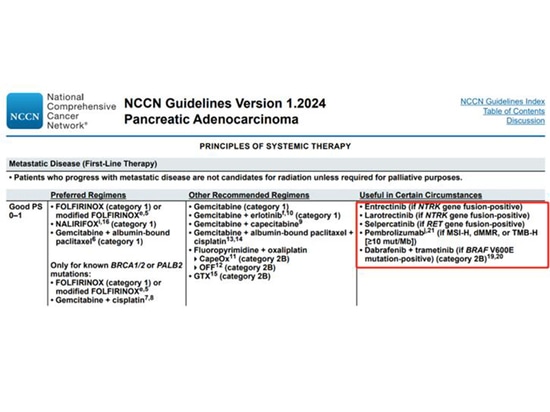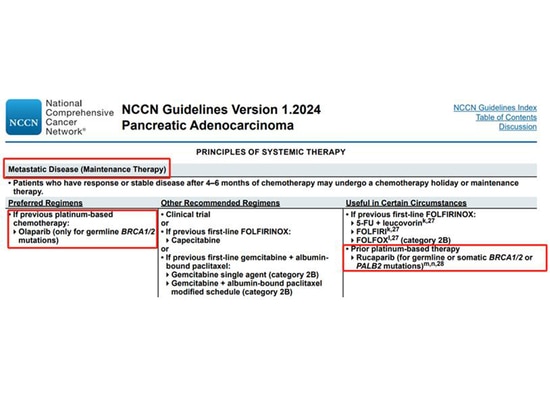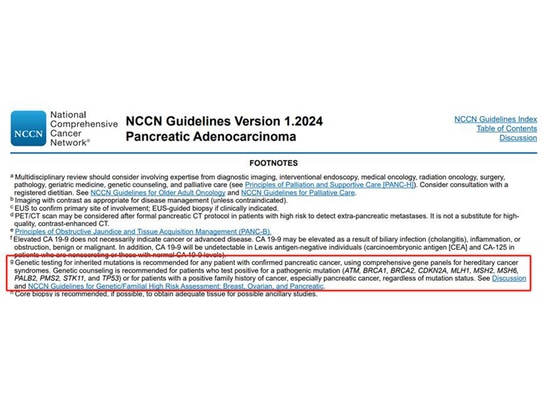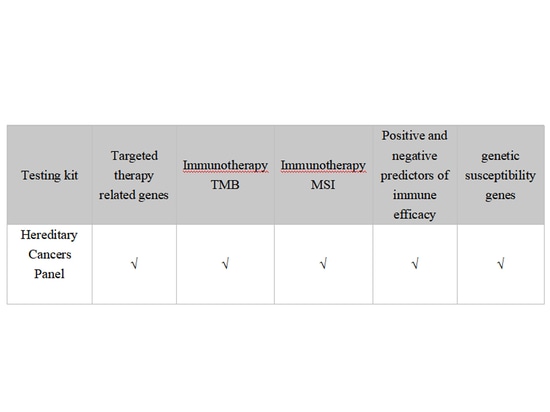
#Industry News
Having 'Cancer King,' is genetic testing still useful?
Having 'Cancer King,' is genetic testing still useful?
1. Epidemiological Data on Pancreatic Cancer
Pancreatic cancer is a malignant tumor of the digestive tract with clinical symptoms that are subtle and atypical. It is difficult to diagnose, has a high mortality rate, and a low cure rate, earning it the title of 'King of Cancers.' In recent years, the incidence and mortality rates of pancreatic cancer have shown a significant upward trend both domestically and internationally.
2. Treatment of Pancreatic Cancer
Although surgery is the primary treatment for early-stage pancreatic cancer, due to the late discovery of pancreatic cancer, the opportunity for curative surgery is often lost. Therefore, a comprehensive treatment approach including radiotherapy, chemotherapy, intervention, targeted therapy, and immunotherapy is needed for pancreatic cancer. Targeted therapy is closely related to genetic testing, and the evaluation of immunotherapy efficacy can also be influenced by some molecular markers.
According to NCCN guidelines, genetic testing can be performed for patients with locally advanced or metastatic pancreatic cancer, including but not limited to ALK, NRG1, NTRK, ROS1, FGFR2, RET fusion, BRAF, BRCA1/2, KRAS, PALB2 gene mutations, as well as HER2 amplification, MSI/MMR, TMB, etc. For patients where tissue testing is not feasible, blood (ctDNA) testing can be chosen.
In the subsequent treatment of locally advanced or metastatic disease and systemic therapy for recurrent disease, it is recommended for patients with NTRK fusion-positive tumors to use entrectinib or larotrectinib. For patients with BRAF V600E mutation-positive tumors, it is recommended to use the treatment regimen of dabrafenib in combination with trametinib. For patients with RET gene fusion-positive tumors, it is recommended to use selpercatinib.
Recommend pembrolizumab for subsequent treatment of locally advanced or metastatic diseases with MSI-H, dMMR, or TMB-H, and for the treatment of recurrent diseases.
In maintenance therapy for metastatic pancreatic cancer, NCCN guidelines recommend olaparib for the treatment of germline BRCA1/2 mutations; rucaparib is recommended for the treatment of germline and somatic BRCA1/2 mutations or PALB2 mutations.
3. Genetic susceptibility gene testing for pancreatic cancer
NCCN guidelines also explicitly recommend testing all diagnosed pancreatic cancer patients using a comprehensive panel covering genes related to hereditary cancer syndromes. For patients carrying pathogenic gene mutations, including ATM, BRCA1/2, CDKN2A, MLH1, MSH2, MSH6, PALB2, PMS2, STK11, and TP53, or patients with a history of malignant tumors, especially pancreatic cancer in their family, regardless of whether pathogenic gene mutations are detected, genetic counseling is recommended. Genetic testing can enable early detection, intervention, and treatment, thereby improving the long-term survival rate of pancreatic cancer patients.
Therefore, the significance of genetic testing for pancreatic cancer lies not only in guiding patient treatment and prognosis but also in providing reference value for prevention in terms of genetics.
SpaceGen is committed to providing comprehensive solutions for personalized and precise diagnosis of tumors, including early screening, disease diagnosis, personalized drug guidance, and efficacy monitoring. According to the different testing needs of pancreatic cancer patients, the following testing kit is recommended:
The Hereditary Cancers Panel covers genes recommended in guidelines or consensus for pancreatic cancer and other cancers, as well as the latest literature, drugs used in related research, and prognostic-related genes, meeting the needs of genetic predisposition assessment and targeted immunotherapy. It also includes testing for MSI, TMB, and immune positive/negative predictive factors in evaluating immunotherapy efficacy from multiple angles. Additionally, for patients with advanced refractory pancreatic cancer, it may suggest cross-cancer medication opportunities, aiming to increase opportunities to participate in clinical trials through more genetic testing.
Disclaimer: This text is for sharing purposes only. If there are any copyright issues, please contact us immediately, and we will correct them as soon as possible. Thank you!
